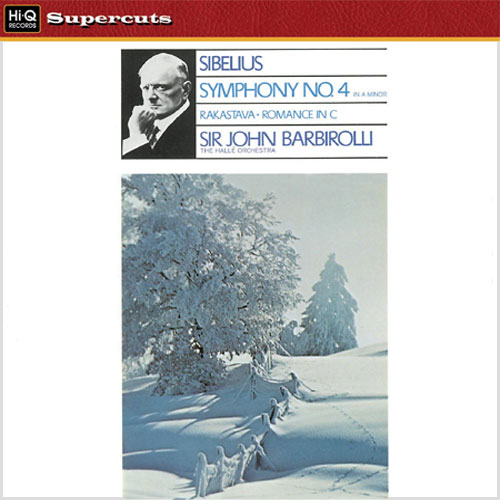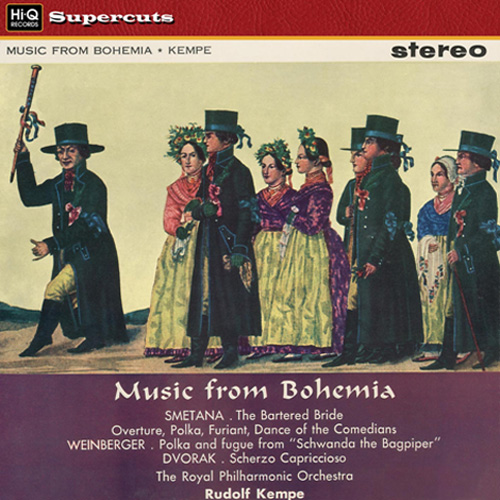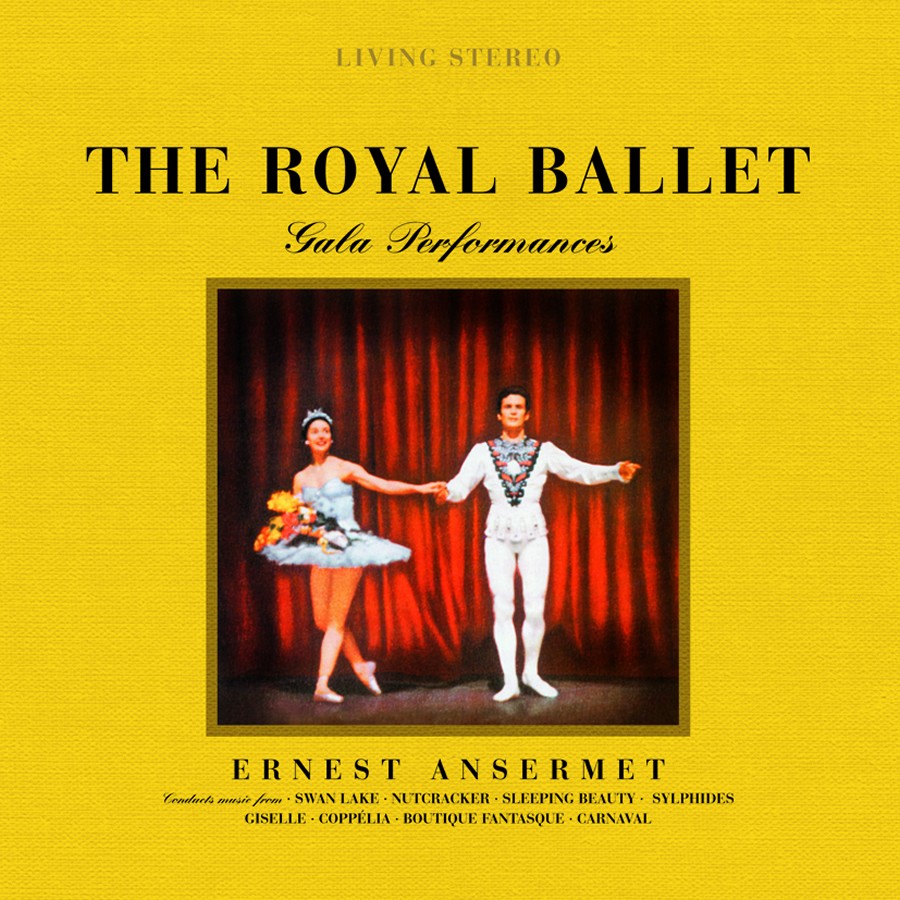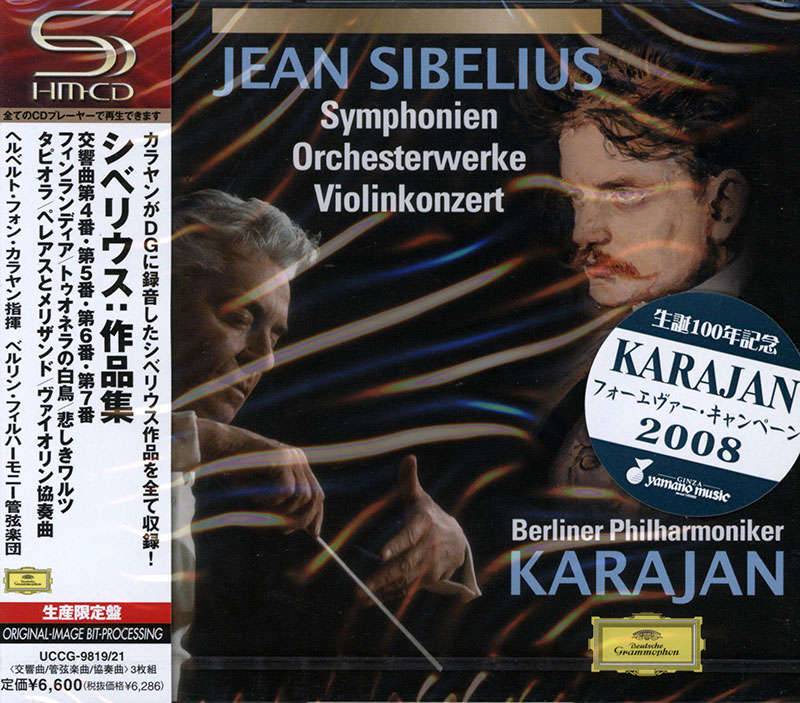Logowanie
Dziś nikt już tak genialnie nie jazzuje!
Bobby Hutcherson, Joe Sample
San Francisco
SHM-CD/SACD - NOWY FORMAT - DŻWIĘK TAK CZYSTY, JAK Z CZASU WIELKIEGO WYBUCHU!
Wayne Shorter, Freddie Hubbard, Herbie Hancock, Ron Carter, Elvin Jones
Speak no evil
UHQCD - dotknij Oryginału - MQA (Master Quality Authenticated)
Chesky! Niezmiennie perfekcyjny
Winylowy niezbędnik
ClearAudio
Double Matrix Professional - Sonic
najbardziej inteligentna i skuteczna pralka do płyt winylowych wszelkiego typu - całkowicie automatyczna
SIBELIUS, Sir John Barbirolli, The Halle Orchestra
Symphony No. 4 in A minor, Op. 63 / 'Rakastava' for Strings and Percussion / Romance in C Major for String Orchestra
- Sir John Barbirolli - conductor
- The Halle Orchestra - orchestra
- SIBELIUS
Born in London of an Italian father (a violinist at La Scala, Milan) and French mother, Sir John Barbirolli, CH (1899-1970), né Giovanni Battista Barbirolli, was an English conductor and cellist. Although a conductor of international standing, succeeding Toscanini as music director of the New York Philharmonic from 1936-43, and having conducted many major orchestras like the Vienna Philarmonic and Berlin Philharmonic, he is remembered above all as conductor of the Hallé Orchestra in Manchester, which he helped save from dissolution in 1943 and conducted for the rest of his life. Noted for his interpretations of Sibelius, Barbirolli and the Hallé recorded all the Sibelius symphonies for EMI and these recordings were made just over a year before Barbirolli died. Recorded on 29-30 May and *5 August 1969 at the Kingsway Hall, London. Produced and engineered by the legendary two Christophers: Christopher Bishop and Christopher Parker respectively (*with additional engineer Martin Benge) In the original April 1970 review of the stereo release, Sibelius expert Robert Layton of the GRAMOPHONE was torn between the contemporaneous Maazel version on Decca and the Barbirolli: "...Sir John views the symphony as a whole as predominantly bleak with dark, shifting colourings whereas Maazel's conception is icy, unremitting and very powerful. Sir John's is the more complex and in some ways more interesting view and he has the advantage of quite superlative recorded sound. In fact this is one of the most vivid and full bodied recordings I have heard from this source and is richer in tone than its Decca rival... this new version can confidently be recommended alongside the Maazel and granted the odd reservation, my own preference is for this splendidly recorded newcomer." Cut at Abbey Road Studios from the original stereo analogue master tapes with the Neumann VMS82 lathe fed an analogue pre-cut signal from a specially adapted Studer A80 tape deck with additional ?advance? playback head, making the cut a totally analogue process.





































